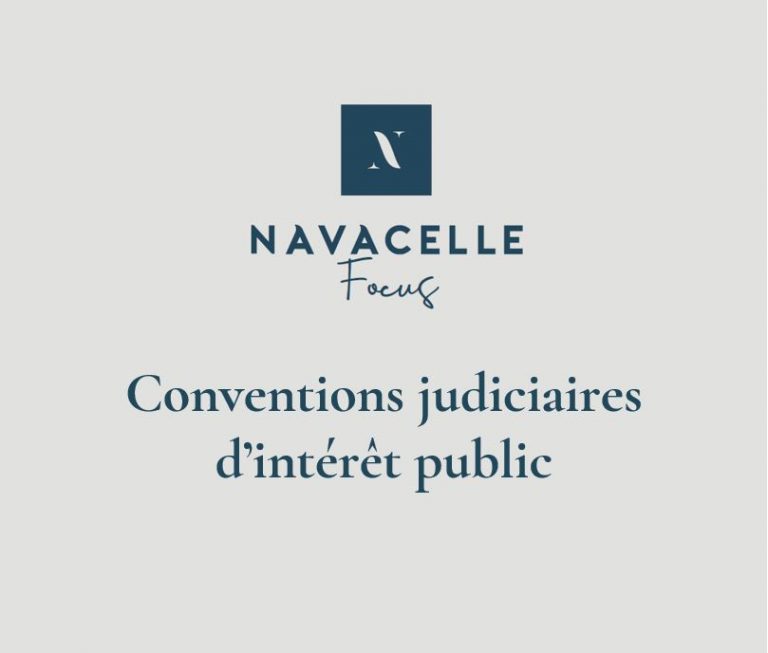The French Anti-Corruption Agency (AFA) was empowered by the Sapin II Law1 to handle monitorships of companies as part of the implementation of the French Deferred Prosecution Agreements (Convention Judiciaire d’Intérêt Public “CJIP”). As of today, the monitorship process is still under experimentation and some consider it too narrowly focused on anti-corruption and recommend assessing other areas of compliance risk2.
Conditions and process of the AFA monitorship
Since 2017, France has introduced the CJIP into its legal system, a means by which companies, under determined conditions, can escape public proceedings by paying a fine or complying with certain obligations3. These obligations can be the implementation of an action plan4 aimed at improving the company’s compliance system under the AFA’s control for a maximum of 3 years5.
Given the complexity of the tasks resulting from monitoring a company, the AFA may delegate to or be assisted by law firms and experts6, as long as the monitorship complies with budget restrictions. Indeed, in an interview given to the Global Investigations Review (GIR), the AFA’s director of strategic analysis and international affairs, Renaud Jaune, considered that this externalisation “may prove too costly” 7 for the company, which must bear the costs.
The French monitoring procedure includes 5 stages. After an initial audit, a report establishing the action plan is drafted and then validated by the AFA. During the implementation’s phase, the AFA undertakes several tests to verify the company’s evolution and report annually to prosecutors. Finally, the AFA will draft a concluding report addressed to the prosecutors, evaluating whether the company has reached the required goals8.
Moreover, according to Julien Laumain, an AFA compliance expert, the Agency has a specific role in foreign monitorships on French companies, particularly by ensuring that national security-sensitive information will be protected from foreign monitors9.
Results and perspectives
In 2018, among the 5 companies that have entered into CJIP, 4 of them have had designated the AFA as a compliance monitor10. The most significant case concerns the French bank Société Générale, which agreed in May 2018 to a EUR 250 million fine and a 2-year monitorship11. This case is particularly significant, as it is the first US and French joint bribery resolution, signed with both the French National Financial Prosecutor’s Office (“PNF”) and the US Department of Justice (“DOJ”). As part of the settlement, the DOJ was asked by lawyers to allow the AFA monitorship to be set up instead of a DOJ monitorship12.
Although it is too early to determine whether this type of agreement is to become common practice, it is a turning for US/France cooperation13. The AFA Director Charles Duchaine, declared that these agreements would be used as prototypes, and that France must be competent to monitor French companies, even when the monitorship obligation of comes from a foreign authority14.
According to the 2018 AFA activity report, the first 4 monitorships clearly shown that at least 2 years are required in order to execute an effective control. Moreover, 2 of the CJIPs concluded in 2018 took place at a moment in which the company was operating a managerial change.
The AFA concludes that it can be in the interest for the company to accept a monitorship that will erase previous mistakes and improve its reputation regarding ethics issues15.














